Flying can be a very rewarding career, both financially and in terms of job satisfaction, but it is important to know both the ups and downs of the profession. It is also important to know what you are looking for in the career as this could significantly impact on the type of flying and airline you may set out to work for.
REWARDING PROFESSION
Flight crew undertake intensive and expensive training to develop a highly unique and perishable skill set. As a result, pilots are generally well paid, earning significantly above the average salary varying between around Rs 1,75,000/- to over Rs 10,00,000/- per month depending on seniority, aircraft and airline. The remuneration can vary considerably from company to company, and as one might expect, the bigger the aircraft and the further you go, the greater the pay.

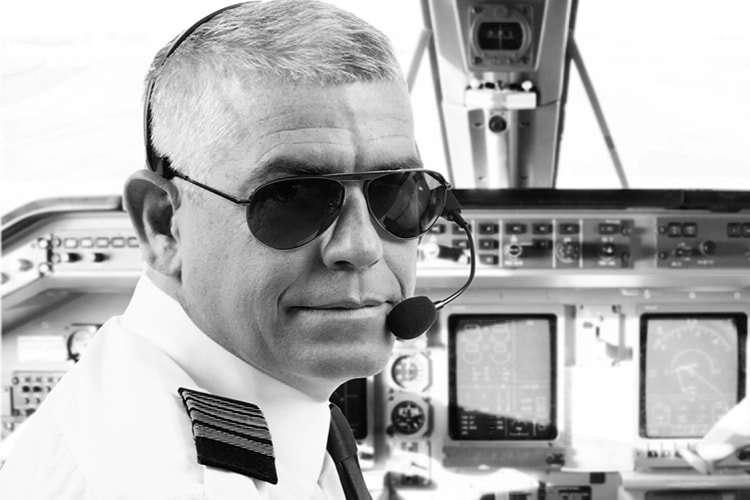
FEW FREE WEEKENDS
Most airlines will offer excellent staff travel packages, with flag carriers typically offering 90% off their ticket prices for you and your family. The rosters are also generally good, offering more off days than your typical Monday to Friday 9-5 job, and better holiday allowances. The downside to this is that you may find yourself seldom having a free weekend; little or no summer leave and religious holidays are just another normal working day. Whilst this may seem minor to some, having to miss Diwali or family a members birthday celebration year after year can take its toll. Maintaining a normal social and family life can be a challenge as you may often find you have your time off when your friends are at work or your children at school.
OPPORTUNITY TO TRAVEL
There are of course many positives to the job in general terms across the industry. Being trusted to operate a state of the art multi-million rupee aircraft along side healthy remuneration and the opportunity to travel are some of the obvious benefits. You get to see some truly fantastic sights from the air – sunrise at 35,000 feet is something you will never tire of.A typical day for an airline pilot can vary considerably. One day you may start work at 5 am and only work for 4 hours whilst other days you might start work at 12 pm work for 13 hours.
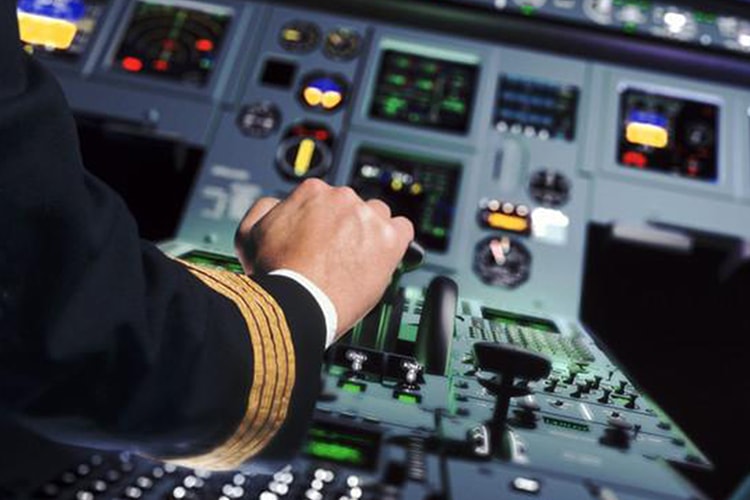
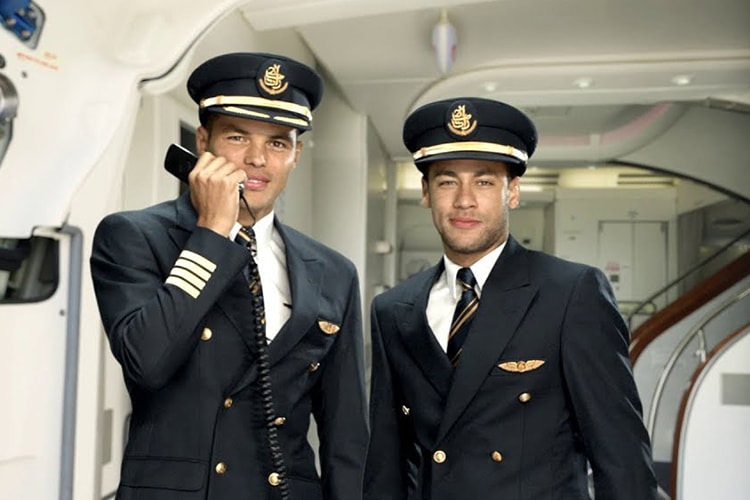
SHORT HAUL PILOTS
There are usually two pilots on short haul flights, a First Officer and a Captain.
Short haul pilots for low cost airlines typically start and finish their day at their allocated base. They do not tend to do night stops and therefore can expect to be back at home for the night. Technical problems or weather issues down route can of course have an impact on the operation which could result in an unscheduled night stop.
Short haul flights might last anywhere from 30 minutes to 3 hours. Medium haul is defined as 3-6 hours.
ALTERNATE SHIFT PATTERNS
The roster is usually fixed with set days off, so you can plan in advance. The short haul rosters tend to be of a more stable nature than for long haul. A typical roster would be 5 days of work and then 3 or 4 days off. Some airlines have more favourable and stable rosters than others. Rosters usually alternate from week to week, for example you will be on an early shift pattern one week, then switch to a late shift pattern the next.
Depending on the duration of the flight, short haul pilots can expect to do between 2 and 6 flights a day. It involves doing a lot of take-offs and landings. Short sectors can be demanding due to the high workload placed on the flight crew.
Low cost carriers will tend to optimise the productivity of flight crew and therefore fly close to the maximum 900 hours allowed by the regulatory authorities.
As a low cost short haul pilot, you will operate to a range of destinations, often to smaller airfields that are less well equipped.
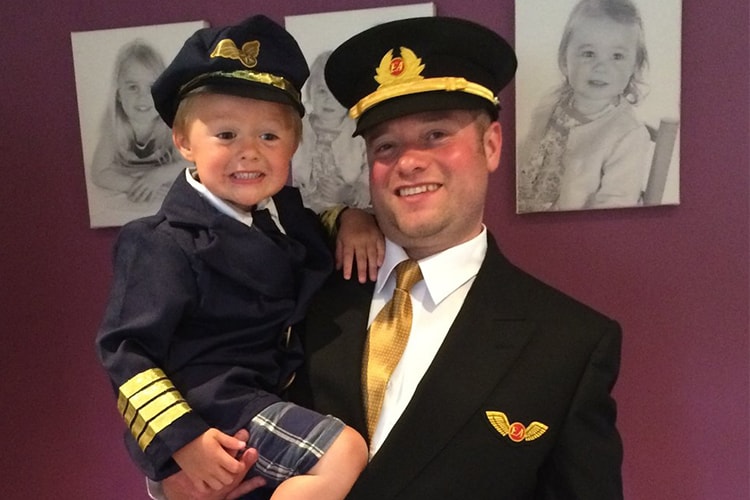
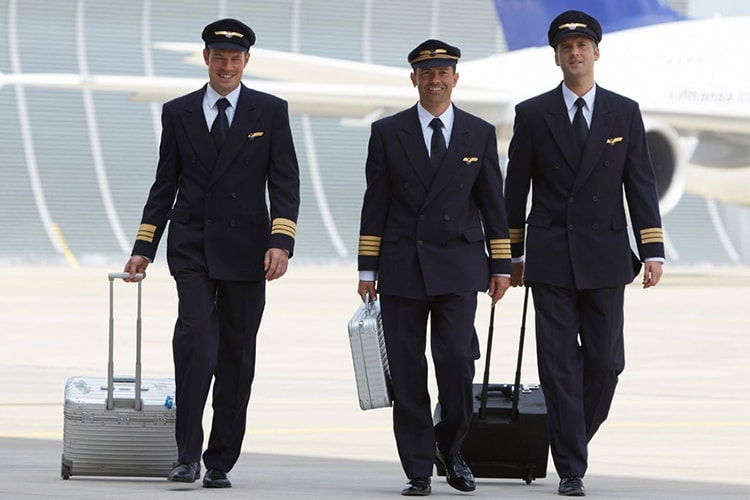
LONG HAUL PILOTS
A long haul flight is defined as having a flight time of more than 6 hours.
Long haul pilots fly all over the world and can spend a lot of time away from home. Trips can last from a few days to over a week. The constant changing of time zones can be very fatiguing
Long haul pilots will typically get more days off than short haul pilots due to the amount of time they spend away from home and thus the need to rest and adjust their body clocks.
MORE IN DEMAND
To become a long haul pilot you would typically need to gain some experience as a short haul pilot. Long haul pilots might only get to land the aircraft a couple of times a month and therefore require a good degree of previous experience in the short haul sector.
There may be a number of pilots on long haul flights to allow the flight crew members to rest in the crew quarters on particularly long flights. Generally speaking, a long haul pilot can expect to be paid more than a short haul pilot.
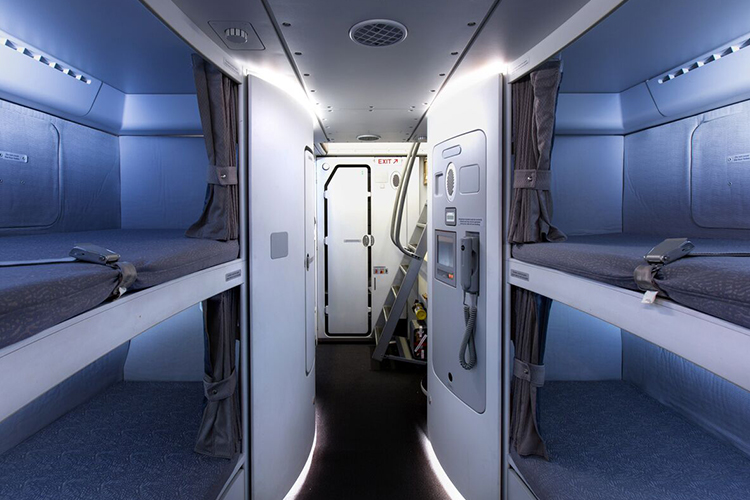
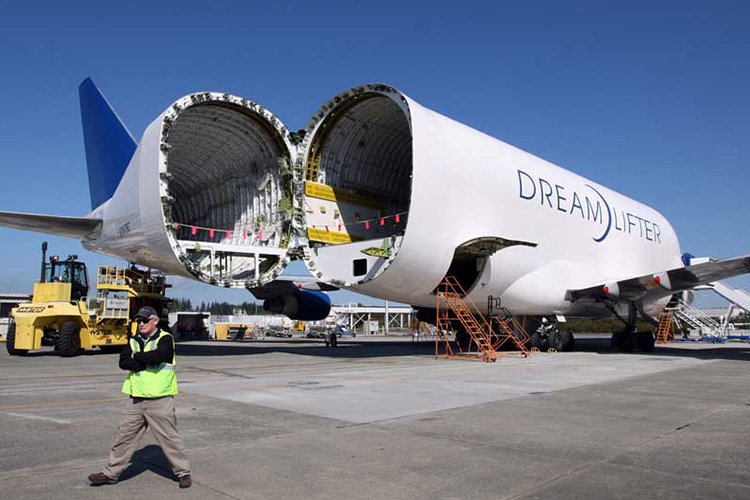
CARGO PILOTS
Cargo pilots typically fly at night and work more consecutive days than short haul passenger pilots. However, they tend to get more time off as a result.
CORPORATE / BUSINESS JET PILOTS
Corporate pilots are required to be extremely flexible as they could be called to operate a flight at any time of day or night and to anywhere – you are often completely at the disposal of the customer or aircrafts owner.
Once you arrive at the destination specified by the customer, you could spend a number of days in a hotel without knowing when or where you will fly next. You may also have to do additional duties such as filing the flight plans, loading the aircraft and greeting the passengers. As a result of the flexibility required, corporate pilots are usually very well paid. Whilst they are on “standby” for long periods (often 1 – 2 weeks) you are then given roughly an equal time off.
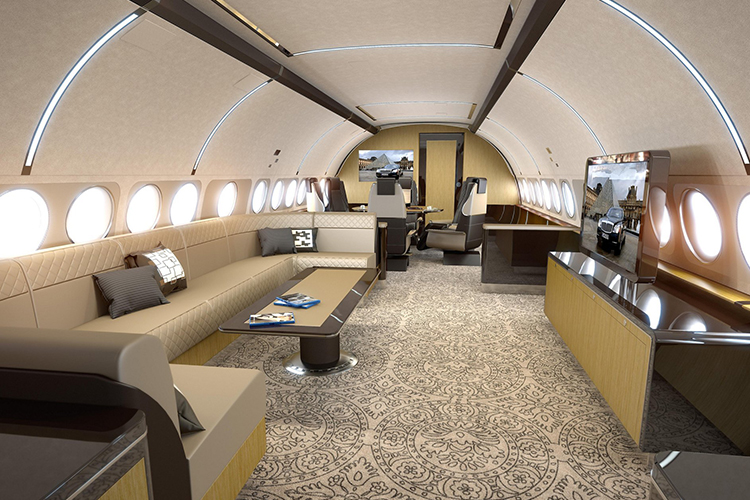
![]()

